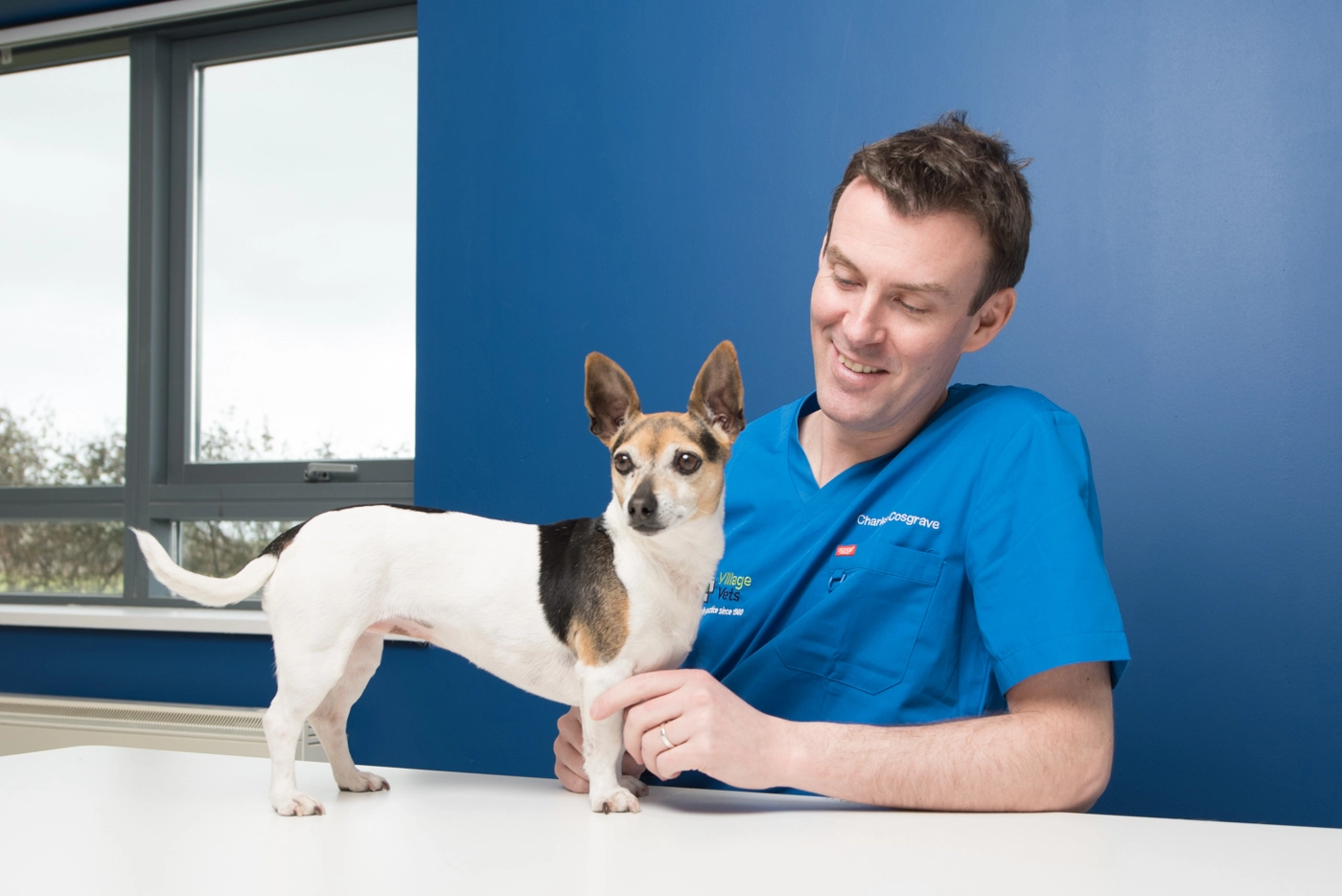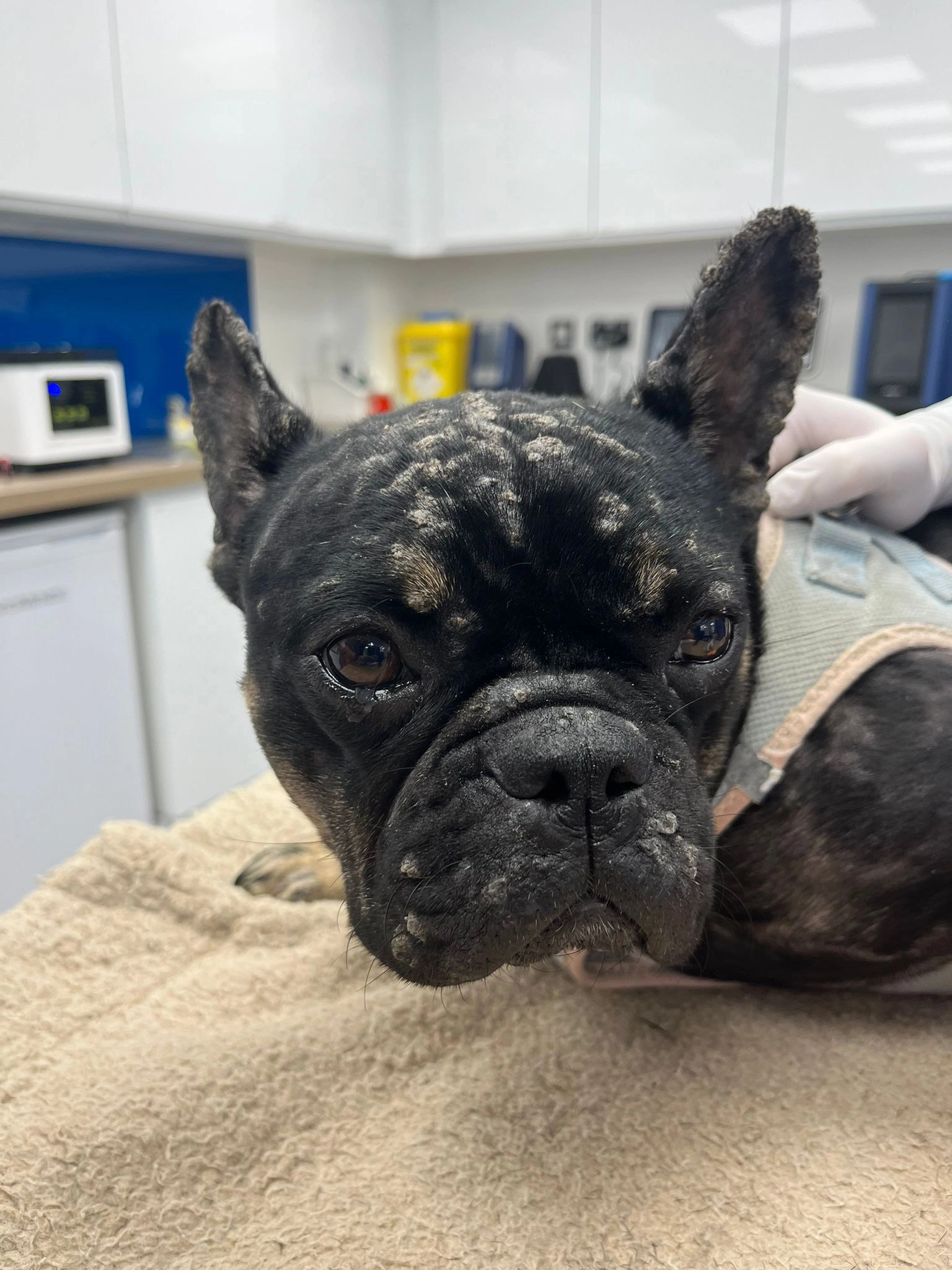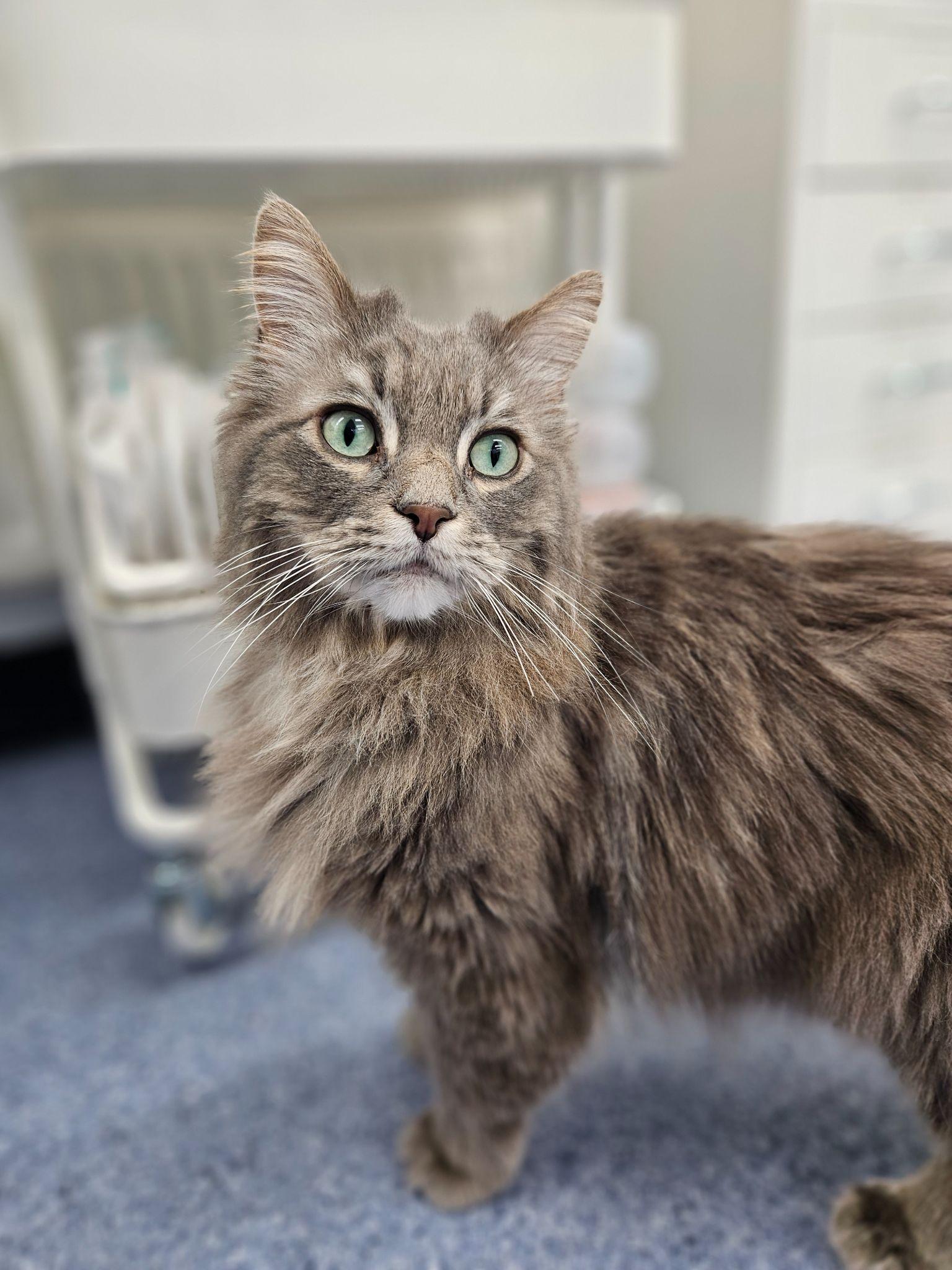f there’s one thing on this Earth that can be described as a labour of love, it is certainly crate training a dog; be it a puppy or junior. Naturally, there are many ways to train a dog, however, we find that the best way is with treats and toys; this is also known as “reward-based training” where you reward your pet when they follow a correct instruction or do as they’re told. But, where do you even start? Well, if you’re already this far you should know by now that you’ve come to the right place. Read on and we’ll share with you some of the best tips for crate training a new or existing forever-friend!
Essential Items and Must Haves:
If you’re serious about this you’ll need a few essential items to help you on your way. The first things we recommend getting are a dog crate (obviously), a limitless supply of newspaper and a comfy, you-smelling blanket. The crate will give your dog a place to rest and an area to call their own in due time, while the blanket will keep them warm and allow him/her to familiarise your scent with safety. Next, you’ll need a toy or enriching treat that will keep your pup’s mind off of misbehaving, chewing on the good couch in the sitting room or going toilet in the kitchen.
On a side note, our own Pet Health Plans are ideal for any accidents that happen when your pup is figuring out their place in the world. You’ll receive free visits to all of our clinics, annual booster vaccinations, annual urine and blood tests, 10% off neutering and 20% off all Royal Canin Diets!
The first night:
Introducing your pet to their new lodgings should be done when you’ve plenty of time on your hands. To begin, allow them to investigate it on their own terms; this is where your you-smelling blanket comes in. Once you think they’re comfortable around or in their crate you can leave them for the time being… However, the hard part is when it comes time to lock the house down for the night and go to bed.
Coax them gently into their crate and then close its door. Remain in the room with them for a short period and then make your exit. If you hear barking or howling don’t return to investigate it immediately (not unless you think it sounds dire). What should happen is that your pet will gradually calm down. When morning comes, enter the room as you normally would and make little fuss over letting them out. Repeat as necessary until the nightly barking stops or they willingly enter their crate for a rest! When you’ve time, investigate the crate for signs of wear and tear or biting; those signs can be a good indication of how your pet is taking to their new home.

Time-outs and rest:
Your dog’s crate should be a haven for them to relax and feel safe in, not a place for time-outs or as a punishment for being bold. Should the two be mixed your pet may become confused as to what their crate is for, resulting in increased anxiety from being in it. In due time you’ll find that your pet will naturally retreat to their crate much like a cat would their favourite hiding spot; it’s for that reason as to why we recommend not interfering with that psychological connection. On the other hand, if you find that your dog is falling asleep in the sitting room you can train them to seek out their crate by issuing simple commands and using simple reward-based training.
Toileting:
If you haven’t already toilet-trained your dog, you will once you start crate training them – this is what the limitless supply of newspaper we mentioned earlier is for. It’s fine for your pet to go toilet in their crate for the first few nights but eventually you’ll need to have them asking to be let out. This can be accomplished by showing your disapproval, showing them what they did wrong and using treats to show them what you actually want them to do – issuing commands all-the-while and rewarding them for following your instructions correctly. Once your dog learns that their crate is not a toilet you’re halfway there; the rest will come naturally!
So, after our few nudges in the right direction we hope that you have success with training your dog to enjoy their new lodgings. For advice, the chats or anything else you can always phone us or pop in for a visit.
Be good!




